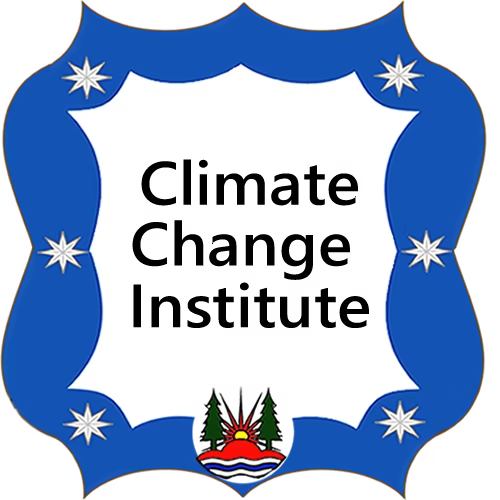Humans are playing Russian roulette with Earth’s climate by ignoring the growing risk of tipping points that, if passed, could jolt the climate system into “a new, less habitable ‘hothouse’ climate state,” scientists are warning ahead of the annual UN climate summit.
Research now shows that there is a higher risk that “abrupt and irreversible changes” to the climate system could be triggered at smaller global temperature increases than thought just a few years ago. There are also indictations that exceeding tipping points in one system, such as the loss of Arctic sea ice or thawing of permafrost, can increase the risk of crossing tipping points in others, a group of top scientists wrote Wednesday in the scientific journal Nature.
“What we’re talking about is a point of no return, when we might actually lose control of this system, and there is a significant risk that we’re going to do this,” said Will Steffen, a climate researcher with the Australian National University and co-author of the commentary. “It’s not going to be the same conditions with just a bit more heat or a bit more rainfall. It’s a cascading process that gets out of control.”
Read more at Climate Tipping Points Are Closer Than We Think, Scientists Warn

Climate Tipping Points Are Closer Than We Think, Scientists Warn
From melting ice caps to dying forests and thawing permafrost, the risk of ‘abrupt and irreversible changes’ is much higher than thought just a few years ago.
